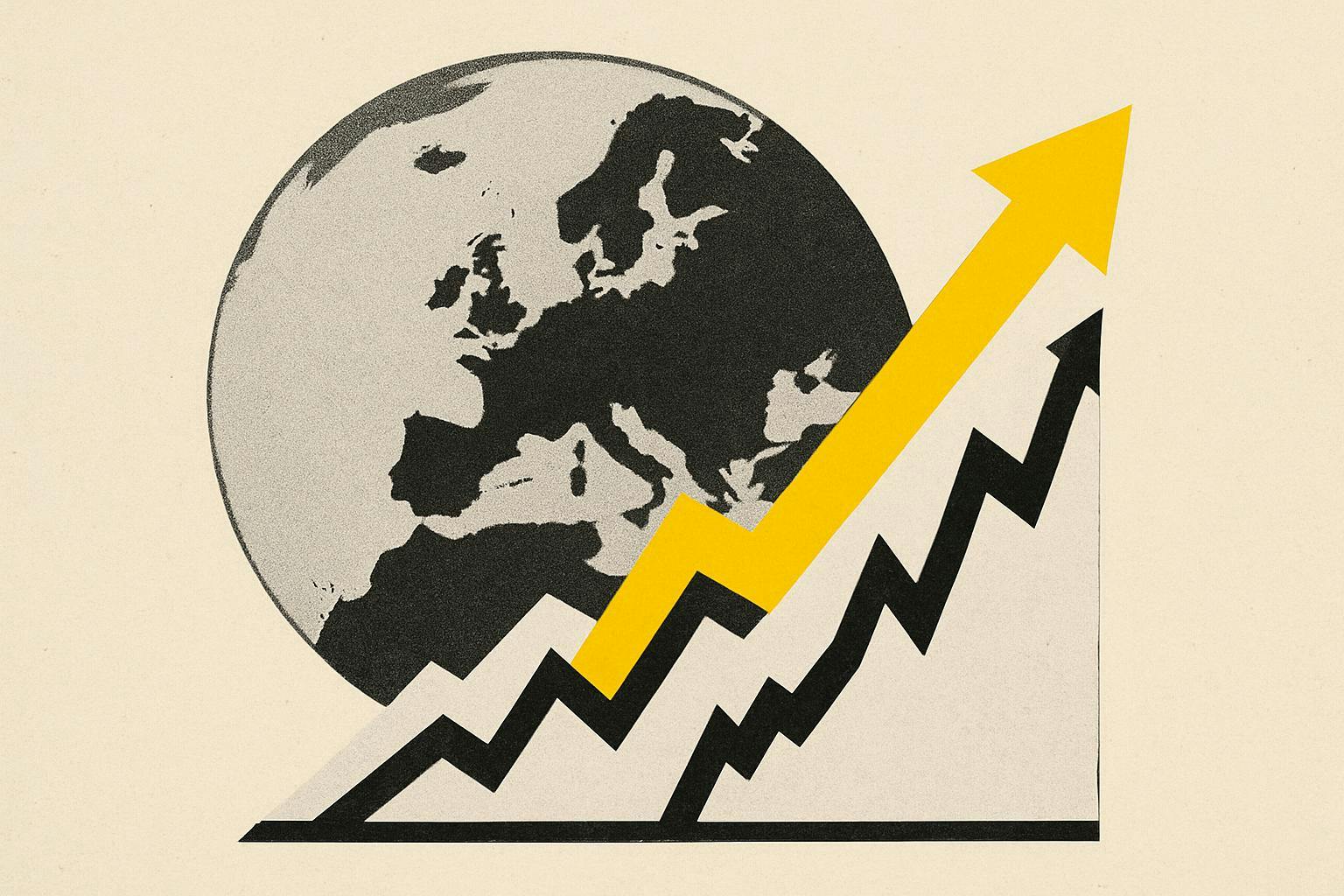What’s going on here?
European stock markets mostly rose on Tuesday, with the Stoxx Europe 600 climbing 0.45%, fueled by gains in Germany and the UK despite looming US-EU trade tensions.
What does this mean?
The delay in the US’s hefty 50% tariff threat on EU products brings immediate relief to European markets. This extension until July allows Europe more time to negotiate trade terms, which sparked a positive reaction in the stock markets. Germany’s DAX and the UK’s FTSE experienced significant gains, partly thanks to an optimistic consumer confidence indicator in Germany forecasting a slight uptick in June. France’s cautious inflation figures also helped steady investors’ nerves, even amid challenges like HSBC’s recent analyst cuts. In Switzerland, the financial sector remains tense as the government challenges pay cuts to former Credit Suisse execs during UBS’s takeover – a move with potentially broader implications for the region’s investment banking.
Why should I care?
For markets: Trade talk tunes in the market.
European stocks are buoyed by last-minute trade negotiations, as markets look for clarity on the US-EU tariff situation. Investors are cautiously optimistic, pricing in potential stability despite ongoing uncertainties. Focus on key sectors such as automotive and luxury goods, as they are significant European exports vulnerable to US tariffs.
The bigger picture: Europe’s balancing act.
Europe is navigating complex economic dynamics: balancing modest inflation with consumer confidence and trade uncertainties from the US. These shifts could redefine the continent’s economic strategies, spurring closer integration and coordinated fiscal responses. Investors and market watchers should brace for a tug-of-war between short-term volatility and long-term stability, driven by geopolitical and economic maneuvers.
